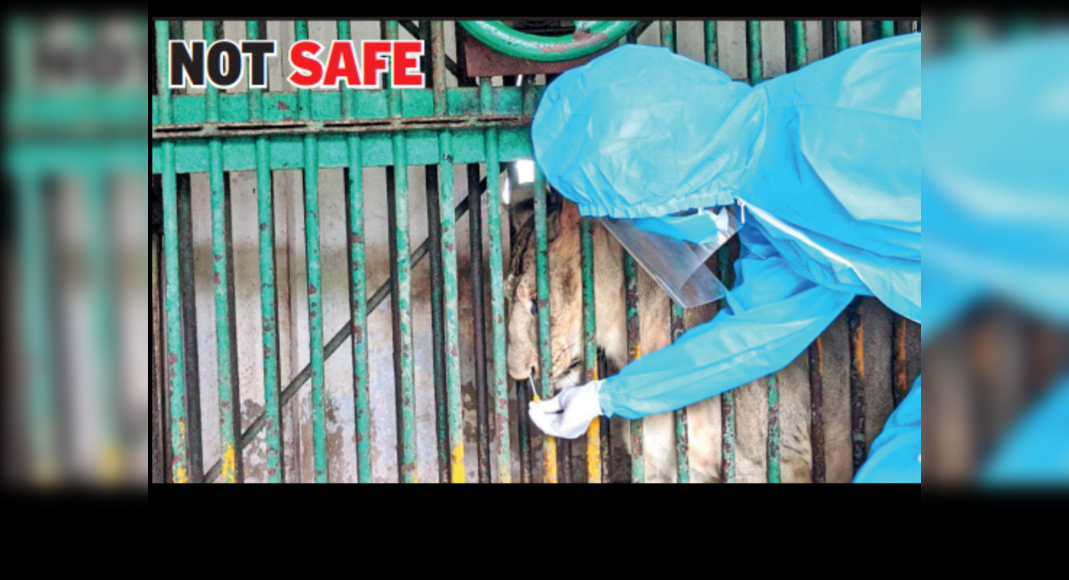CHENNAI: The Central Zoo Authority recently had instructed Arignar Anna Zoological Park in Vandalur to remove stray cats within the premises as they had the potential of transmitting diseases, according to internal documents accessed by TOI.
Citing international research papers, P Ganesan, retired director of Tamil Nadu Veterinary and Animal Sciences University (Tanuvas), said there was a very high possibility of cats spreading SARSCoV-2 to lions and other animals at the Arignar Anna Zoological Park (AAZP) in Vandalur.
“We need a dedicated study regarding this in Tamil Nadu,” he said.
Ten Asiatic lions tested positive for the virus recently and one among them died last week.
Now, one of them has tested positive for a more contagious Canine Distemper Virus (CDV).
In response, a senior AAZP official said, “Stray cats could be one of the hundred other possibilities from where the lions could have contracted the infection.
But till date we don’t know the exact reason.
However, stray cats are removed from the zoo premises regularly.” CZA, a statutory body under the Union environment ministry, on December 31, 2020, had told AAZP authorities that nocturnal animal houses were in a stage of neglect and required renovation.
Asiatic lions are nocturnal.
The internal report added that the authorities procured beef from the market as cold storage facilities at the zoo were defunct.
The CZA, which keeps track of all zoos in the country, wanted the AAZP to buy meat only from suppliers who have a municipal licence, and procure a new freezer to store them before feeding it to animals.
The zoo was given three months to implement the changes suggested by CZA, failing which the recognition would be revoked, show official documents.
A senior AAZP official said beef was supplied from a government-authorised slaughter house in Perambur and standard safety protocols including ultraviolet disinfection were followed.
“We take note of all advisories issued by CZA and implement them one by one,” he added.
Tanuvas has formed two committees with senior researchers and veterinarians, to monitor treatment provided to infected lions.
All zoo staff were vaccinated recently to prevent spread of infection from humans to animals.







